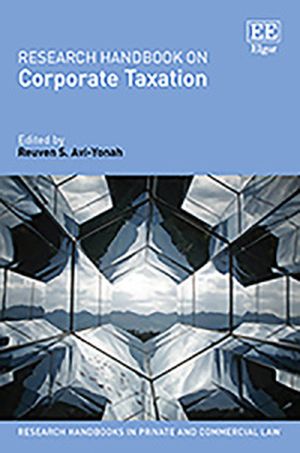
Encapsulating the multitude of challenges faced by the international corporate tax regime, this timely Research Handbook provides an in-depth comparative legal analysis of corporate income tax as it is practiced across the world.
Beginning with four foundational chapters exploring the purpose and history of corporate tax, the Handbook goes on to provide a synthesis of the key issues in corporate taxation within the U.S. regime, addressing some of the cutting-edge normative issues in designing a corporate tax. It then proceeds to set this against the experience in the EU and eleven other countries including the UK, Canada, China, Japan, India, Brazil and New Zealand. A further section on corporate tax planning includes careful analysis of such issues as corporate tax shelters, economic substance, social responsibility and governance, before final, horizon-scanning chapters consider the future of corporate tax, and whether a new form of corporate tax might be possible.
With a variety of paths to reform proposed throughout, this Research Handbook will prove an invigorating read for tax scholars working on taxation and tax law as well as for tax practitioners and those in fiscal policy seeking ways to improve, or navigate, the current state of affairs in international corporate tax law.